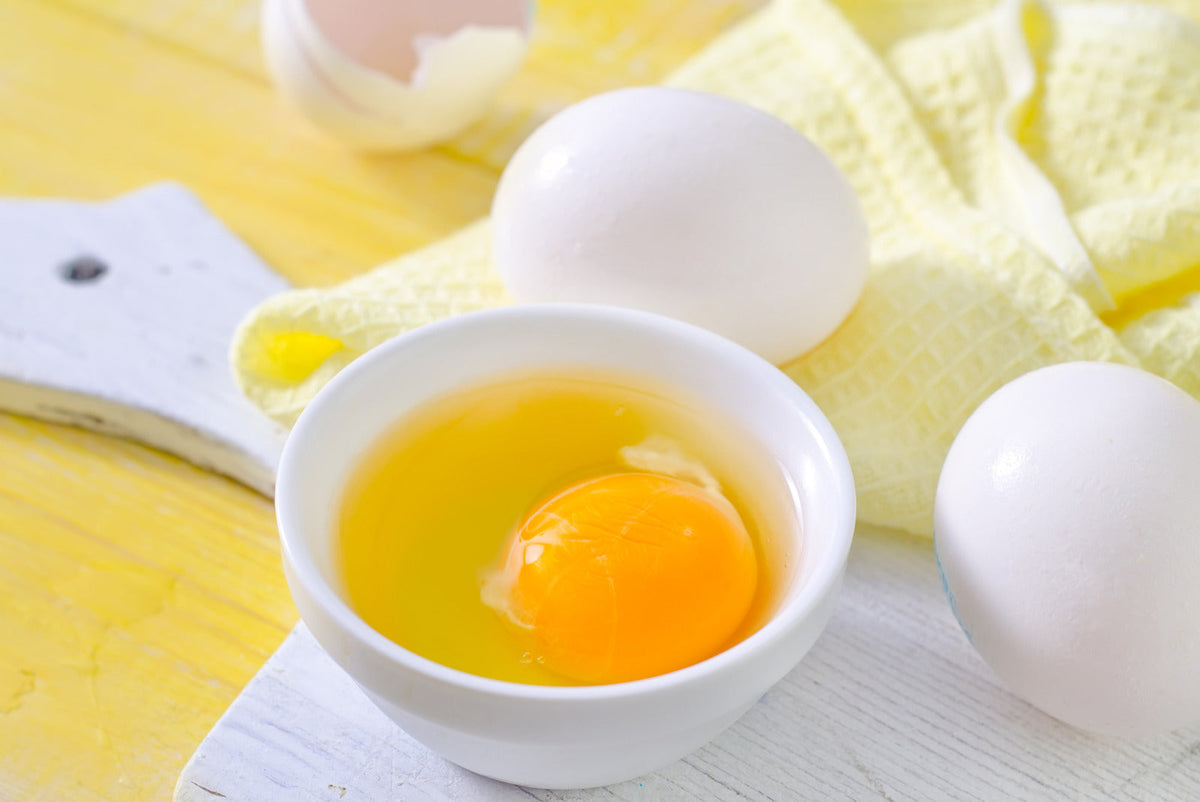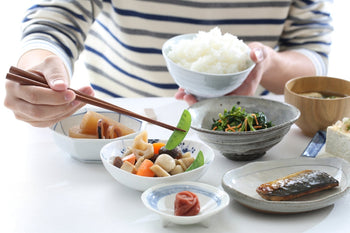

If you've ever visited Japan or watched Japanese cooking shows, you might have noticed something surprising: raw eggs are commonly eaten. From dipping sukiyaki beef in a raw egg yolk to mixing raw eggs into rice (tamago kake gohan), consuming uncooked eggs is part of everyday life. But in many other countries, eating raw eggs is considered risky due to concerns about salmonella.
So, what makes Japanese eggs so safe to eat raw?
The Science Behind Safety
The reason raw eggs are safe to consume in Japan largely comes down to rigorous food safety measures. Here are a few key factors:
1. Strict Hygiene Standards
Japan enforces some of the strictest hygiene standards in the world for egg production. From farm to table, every stage of production is carefully monitored to prevent contamination. Eggs are washed, sterilized, and inspected before they reach consumers, significantly reducing the risk of salmonella and other bacteria.
2. Rapid Distribution Systems
3. Selective Breeding and Nutrition
Japanese farmers often engage in selective breeding and optimize the nutrition of hens to produce eggs that are less likely to harbor harmful bacteria. This enhanced breeding and feeding practice plays a significant role in ensuring the eggs' safety.

Cultural and Culinary Demand
A Deep Cultural Affinity for Raw Eggs
In Japan, consuming raw or lightly cooked eggs is not just common—it’s a national norm. Dishes like tamago kake gohan (raw egg on rice) or sukiyaki (hot pot beef dipped in raw egg) are everyday meals. The raw egg is not masked with sauces or spices; its taste and freshness are front and center .
A Tradition Rooted in Culture
Eating raw eggs in Japan isn’t just a matter of nutritional choice; it’s a cultural tradition. Tamago Kake Gohan, for instance, is a popular Japanese dish where a raw egg is mixed with hot rice, creating a simple and delicious breakfast or snack. Such dishes highlight how integral raw eggs are to Japanese cuisine. This practice is rooted in a long-standing tradition that values the purity and natural taste of ingredients.
Culinary Practices that Prioritize Freshness
Because eggs are often eaten raw, freshness, odorlessness, and texture become critical quality indicators. Packaging often includes a “raw consumption by” date in addition to the best-before date.
Cultural Trust in Food Safety
Children in Japan grow up eating raw eggs and trusting their safety. That trust is backed by decades of strict government regulation , industry self-discipline , and public awareness .

Unique Dishes Featuring Raw Eggs
1. Tamago Kake Gohan (TKG)
A classic breakfast dish combining hot rice and a raw egg. Some soy sauce is added for flavor, creating a comforting and protein-rich meal.

2. Sukiyaki

3. Udon Noodles with Raw Egg

4. Gyudon
A rice bowl topped with simmered beef and onions, often complemented by a raw egg. The egg adds a creamy texture that balances the savory beef.

5. Oyakodon
A comforting dish featuring chicken and egg over rice. While the egg is cooked, the mixture of textures highlights the Japanese appreciation for eggs in various forms.

6. Ramen
oft-boiled eggs (ajitama) and even raw yolks are often used as toppings.

Are There Still Risks in Japan?
While Japan’s egg safety system is one of the best in the world, no food is 100% risk-free .
- People with weakened immune systems, the elderly, and infants should still avoid raw eggs unless advised by a healthcare professional.
- Proper handling at home—such as refrigeration and consuming eggs before their expiration date—is essential.
- Imported eggs may not meet the same hygiene standards as Japanese eggs and should not be eaten raw unless labeled safe.
Wrap up
Japan’s affinity for raw eggs is underpinned by a combination of cultural traditions, stringent safety practices, and culinary creativity. For travelers and food enthusiasts, understanding this aspect of Japanese cuisine offers insight into the meticulous care and respect for food that characterizes Japanese culture. If you’re keen to explore more about Japanese food culture or plan a visit to Japan, don’t miss the chance to experience the unique taste and texture of raw eggs in traditional dishes.



